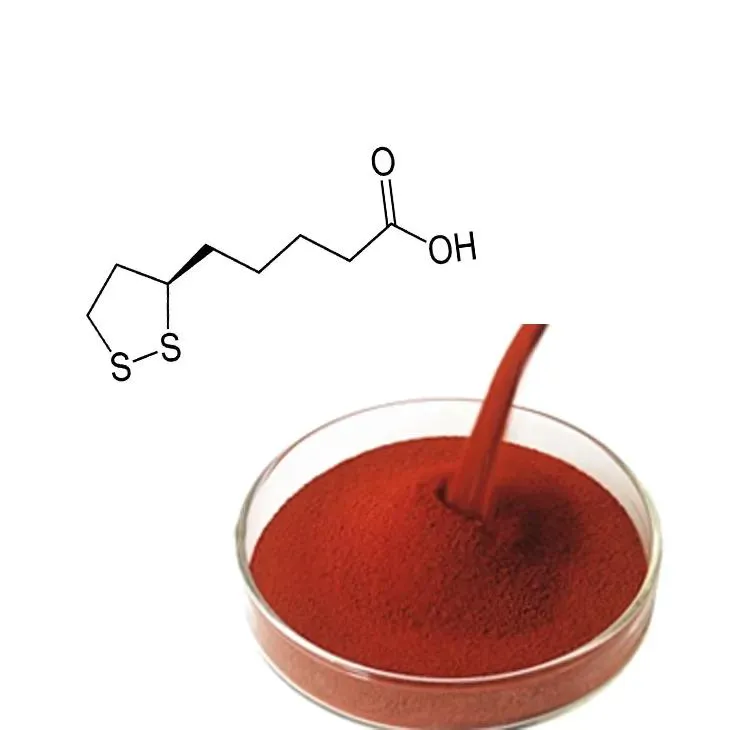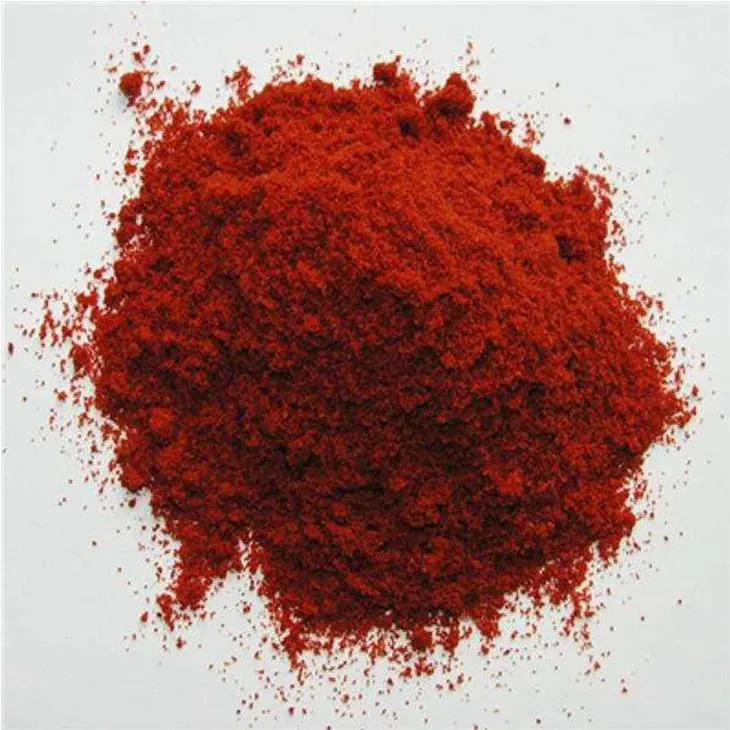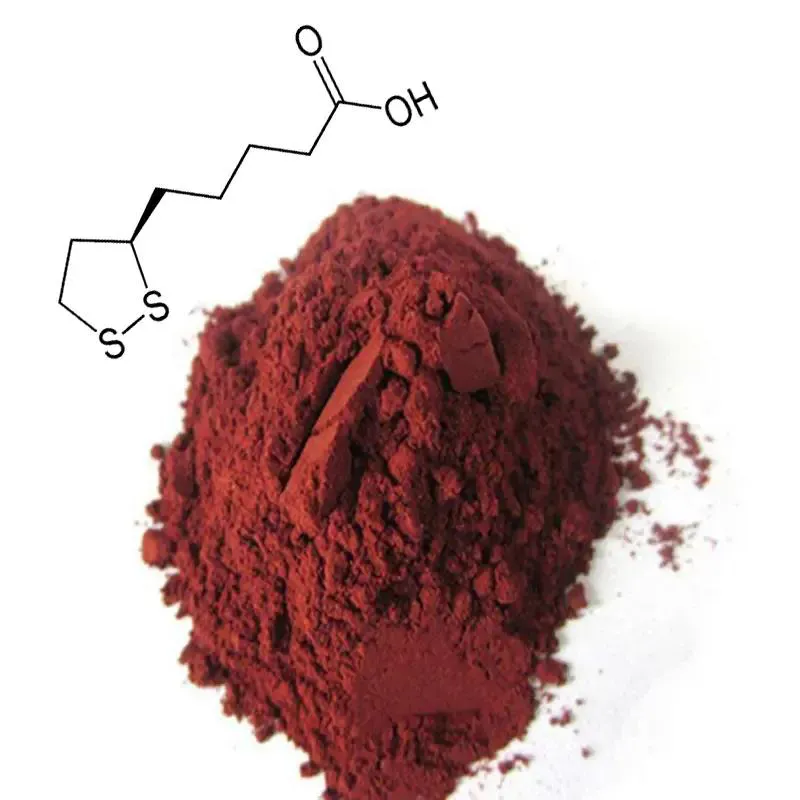- 0086-571-85302990
- sales@greenskybio.com
What Is Astaxanthin Good For?
2025-03-22

Astaxanthin, a naturally occurring carotenoid pigment, is renowned for its powerful antioxidant properties and extensive health benefits. This compound gives a reddish hue to marine species such as salmon, shrimp, krill, and algae, and is recognized for its remarkable ability to combat oxidative stress, enhance skin health, support eye health, and promote heart and brain function. Astaxanthin's unique molecular structure allows it to scavenge free radicals effectively, making it a popular choice in dietary supplements and health products.
As scientific research continues to uncover the benefits of Astaxanthin, it has emerged as one of the most potent antioxidants available. This article explores what astaxanthin is good for, detailing its key health benefits, mechanisms of action, and considerations for its use in promoting overall well-being.
Antioxidant Power and Cellular Protection
Astaxanthin is widely celebrated for its exceptional antioxidant capability, which is significantly stronger than other carotenoids and common antioxidants such as vitamin C or vitamin E. Its role in neutralizing free radicals helps protect cells from oxidative stress—a process linked to aging and multiple chronic diseases.
Cellular Health
By reducing oxidative damage at the cellular level, astaxanthin helps maintain normal cell function and longevity, reducing the risk of cell mutation and degeneration.
Combating Inflammation
Astaxanthin’s anti-inflammatory properties add another layer of protection, helping manage inflammation and associated disorders such as arthritis, cardiovascular diseases, and metabolic syndrome.
Reducing Oxidative Stress
Oxidative stress can lead to tissue damage and imbalance in the body, contributing to various health issues. Astaxanthin’s ability to penetrate cells and membranes allows it to protect cellular components, particularly lipids, proteins, and DNA from free radical damage.

Skin Health and Anti-Aging Benefits
Astaxanthin is increasingly used in skin care products and supplements due to its ability to enhance skin health and slow the aging process. Its protective measures against environmental stressors ensure skin stays radiant and healthy.
Improving Skin Moisture and Elasticity
Astaxanthin promotes collagen production, leading to improved skin elasticity, hydration, and texture. This results in smoother, firmer skin with reduced fine lines and wrinkles.
Protecting Against UV Damage
Astaxanthin serves as a natural sunscreen, reducing skin damage caused by UV radiation and photoaging. By mitigating harmful effects of sun exposure, it lowers the risk of sunburn and age spots.
Fighting Skin Aging
Astaxanthin combats oxidative stress and inflammation in skin cells, helping prevent premature aging and preserving youthful skin.

Eye Health and Vision Support
Astaxanthin possesses unique benefits for eye health and vision enhancement, particularly given its ability to cross the blood-brain barrier and retinal barrier, ensuring targeted antioxidant action.
Reducing Eye Fatigue
Individuals experiencing digital eye strain or prolonged exposure to screens may benefit from astaxanthin’s ability to reduce eye fatigue and support visual clarity.
Protecting Against Retinal Damage
Astaxanthin protects the eyes from oxidative stress and inflammation, both of which can damage retinal cells and lead to vision loss. Its antioxidant role is particularly important in mitigating risks associated with age-related macular degeneration.
Enhancing Visual Acuity
By protecting photoreceptor cells and improving blood circulation to the eyes, astaxanthin can enhance visual acuity and contribute to sharper eyesight.

Heart and Cardiovascular Health
Astaxanthin is linked to several heart health benefits due to its antioxidant and anti-inflammatory effects, which support circulatory function and lower the risk of cardiovascular diseases.
Improving Cholesterol Levels
Astaxanthin helps regulate lipid levels, particularly by reducing LDL ("bad" cholesterol) and increasing HDL ("good" cholesterol), supporting healthier arterial function and reducing plaque formation.
Reducing Blood Pressure
As an anti-inflammatory compound, astaxanthin helps relax blood vessels, reducing arterial stiffness and supporting lower blood pressure levels.
Protecting Against Heart Disease
Astaxanthin provides protection from oxidative stress and inflammation in cardiovascular tissues, reducing the risk of heart disease and promoting cardiovascular health.
Cognitive Function and Neuroprotection
Astaxanthin offers promising benefits for brain health and cognitive function due to its ability to cross the blood-brain barrier and offer targeted antioxidant protection.
Enhancing Memory and Cognitive Function
By reducing oxidative damage and inflammation in brain cells, astaxanthin supports cognitive function, memory retention, and mental clarity.
Protecting Against Neurodegenerative Diseases
Astaxanthin’s antioxidant properties help prevent neuron damage associated with neurodegenerative conditions such as Alzheimer’s and Parkinson’s disease, potentially slowing disease progression.
Reducing Brain Inflammation
Astaxanthin combats inflammation in the brain, supporting neuronal health and lowering the risk of cognitive decline.
Immune System Support
Astaxanthin plays a role in enhancing immune system function by modulating immune responses and protecting against infections and inflammation.
Boosting Immune Responses
Astaxanthin enhances the activity of certain immune cells, making the body more effective at combating pathogens and environmental stressors.
Reducing Inflammatory Responses
By regulating the production of inflammatory markers such as cytokines, astaxanthin helps alleviate symptoms of autoimmune disorders and chronic inflammatory conditions.
Supporting Recovery Process
Astaxanthin’s antioxidant properties support faster recovery from illnesses and injuries by protecting cells from damage and aiding healing processes.
Safety and Considerations
While astaxanthin is generally safe for most individuals, several considerations ensure its effective use:
Recommended Dosage
Typical dosages for astaxanthin supplements range from 4 to 12 milligrams per day, depending on the desired effect. Follow manufacturer guidelines and consult a healthcare provider if unsure.
Potential Side Effects
Astaxanthin is well-tolerated, with few reported side effects. In rare cases, individuals may experience mild symptoms such as stomach upset or skin discoloration.
Consulting Health Professionals
While astaxanthin offers numerous benefits, individuals with specific health conditions or those taking prescription medications should consult with healthcare providers before supplementing astaxanthin.
Conclusion
Astaxanthin is a powerful antioxidant compound celebrated for its diverse health benefits, ranging from cellular protection and skin health enhancement to supporting vision, heart, brain, and immune function. Unlike many other antioxidants, astaxanthin effectively penetrates various body tissues, providing targeted protective effects against oxidative stress and inflammation. As research continues to validate its therapeutic potential, astaxanthin stands out as a valuable addition to health regimens. When used responsibly, it unlocks opportunities to promote overall physical and mental well-being, safeguarding against aging, chronic diseases, and environmental stressors. Proper dosage and consultation with health professionals ensure individuals can maximize astaxanthin's benefits while minimizing any potential risks.
- ▶ Hesperidin
- ▶ citrus bioflavonoids
- ▶ plant extract
- ▶ lycopene
- ▶ Diosmin
- ▶ Grape seed extract
- ▶ Sea buckthorn Juice Powder
- ▶ Beetroot powder
- ▶ Hops Extract
- ▶ Artichoke Extract
- ▶ Reishi mushroom extract
- ▶ Astaxanthin
- ▶ Green Tea Extract
- ▶ Curcumin Extract
- ▶ Horse Chestnut Extract
- ▶ Other Problems
- ▶ Boswellia Serrata Extract
- ▶ Resveratrol Extract
- ▶ Marigold Extract
- ▶ Grape Leaf Extract
- ▶ blog3
- ▶ blog4
- ▶ blog5
-
What Is Astaxanthin Supplement
2025-03-22
-
What Is The Function Of Astaxanthin
2025-03-22
-
what is astareal astaxanthin
2025-03-22
-
what does astaxanthin do
2025-03-22
-
what is bioastin hawaiian astaxanthin
2025-03-22
-
Scutellaria Extract
2025-03-22
-
Oyster Mushroom Extract Powder
2025-03-22
-
Sophora Japonica Flower Extract
2025-03-22
-
Bilberry Extract
2025-03-22
-
Longan Extract
2025-03-22
-
Sugarcane Extract
2025-03-22
-
Tormentil Extract
2025-03-22
-
Artichoke Leaf Extract
2025-03-22
-
Carrageenan Extract Powder
2025-03-22
-
Peppermint Oil
2025-03-22






























